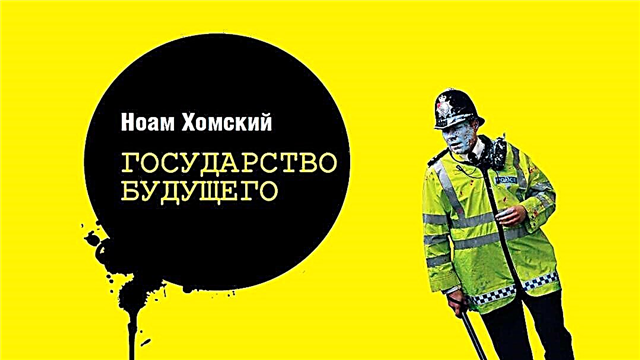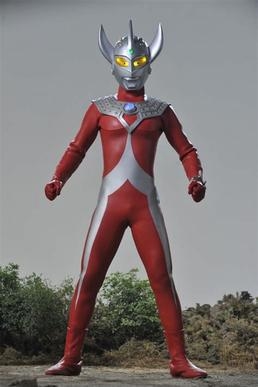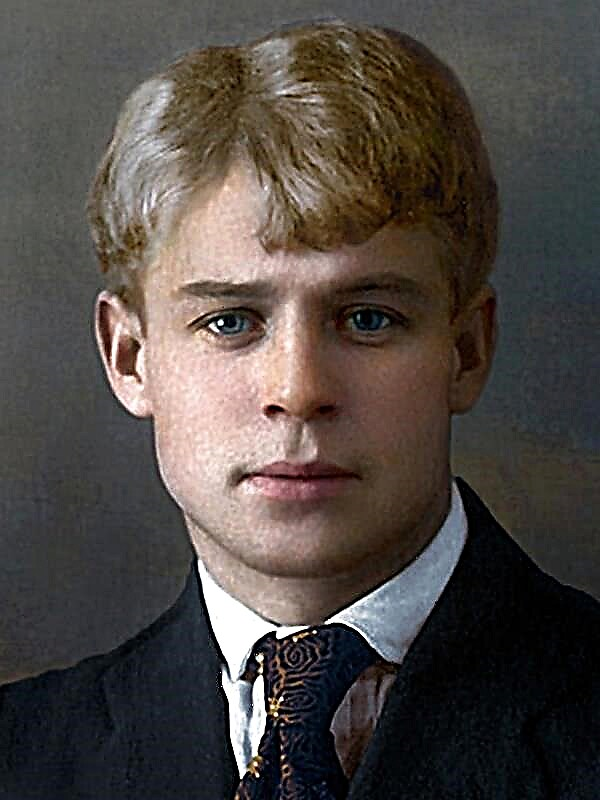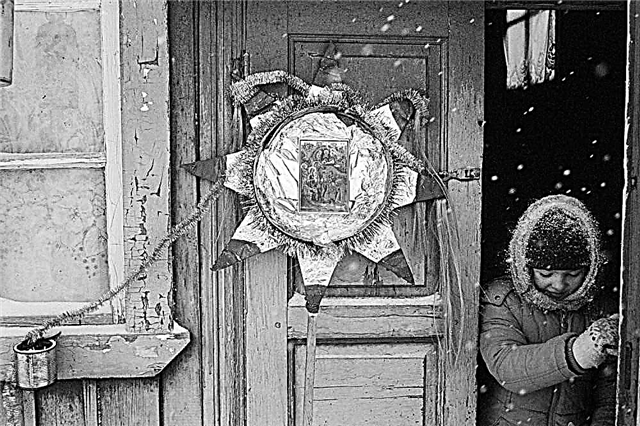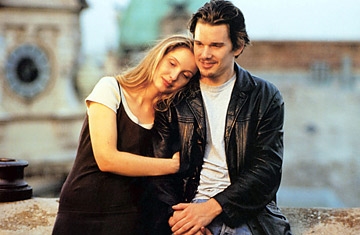Captain Ledoux was a brave sailor. Having entered the service as a simple sailor, after some time he became an assistant helmsman. But in the battle of Trafalgar, in the heat of battle, his left hand was crushed, which had to be amputated in the future, and the once-remote soldier was decommissioned from the ship. In order not to languish from idleness, Ledou set about studying the theory of navigation, studying books bought for savings and waiting for a suitable opportunity to go to sea again. A few years later, already crippled in shipping, the cripple became captain. After working for some time on a privateer lugger, Ledouh switches to a commercial vessel, despite the ban on trade in bonded blacks.
Having taken part in such a risky venture, Ledou, with the consent of the shipowner, is building a high-speed and roomy brig "Nadezhda" - a vessel designed specifically for transporting "ebony".
The one-armed sea wolf quickly became famous among the slave traders, only for a short while he was destined to revel in fame.
On one of the voyages, Ledou landed on the shores of Africa to buy slaves from the Negro leader Tamango. After exchanging courteous greetings and drinking several bottles of vodka, the interlocutors proceeded to the sale. The goods proposed by the leader did not please the captain. He "shrugged, grumbled that men are puny, women are too old or too young, and complained about the degeneration of the black race." I was ready to pay the usual price for the strongest and most beautiful Ledoux, but I agreed to take the rest only at a big discount. Tamango was outraged by such terms of the deal. They shouted for a long time, argued, drank a monstrous amount of alcohol. As a result, the almost completely hoppy African lost to the stubborn Frenchman. “Cheap fabrics, gunpowder, flints, three barrels of vodka and fifty seemingly refurbished guns — that's what was given in exchange for one hundred and sixty slaves.”
There were still about thirty slaves - children, old people, sick women. Not knowing what to do with this stuff, Tamango offered it to the captain for a bottle of "fiery" water apiece. Although the ship was completely full, Ledoux accepted such a tempting offer. He took from the thirty slaves of the twenty thinnest. Then the negro began to ask only for a glass of vodka for each of the ten remaining. The captain bought three more children, but said that he would not take a single black man. Unable to come up with anything better, Tamango decided to kill seven frail slaves who were no longer needed. The first shot from a gun knocked down a woman. It was the mother of three children whom Leda took. One of his wives prevented the leader from killing the remaining slaves. Enraged by such an arrogant act, Tamango furiously hit the girl with a butt and shouted that he was giving it to the Frenchman. The native was young and beautiful. Ledu readily accepted such a generous gift. The six surviving slaves were exchanged for a snuffbox and released.
The captain hastened to load his goods onto the ship. Tamango lay down in the shade on the grass to oversleep. When he woke up, the brig, already under sails, was going down the river. Suffering from a hangover, the African leader demanded the wife of Aisha and was incredibly surprised and stunned to learn that she had been handed over to the white captain. Wanting to correct the fatal mistake, Tamango ran to the bay, hoping to find there a boat on which to swim to the brig. Having overtaken a slave ship, he asked his wife back. “They don’t take the gift back,” Ledou answered, not paying attention to the hysteria and tears of the Negro, who “either ... rolled around the deck, calling his dear Aisha, then banged his head on the boards, as if he wanted to take his own life”.
During the dispute, the senior assistant reported to the unflappable captain that three slaves had died during the night, freeing up their seats, and advised him to make those who were not so long ago engaged in such an ignoble occupation as the slave trade. “Ledu reasoned that Tamango could easily be sold for a thousand ecu, that this trip, which promised him big profits, would probably be the last one, since he had made money and ended the slave trade, doesn’t it matter what kind of fame goes about on the Guinean coast: kind or thin! ” Using a trick to seize Tamango’s rifle, he poured the full charge of gunpowder from his weapon. The senior assistant meanwhile turned the saber of a sobbing husband in his hands, and while he stood unarmed, two dozen sailors rushed at him, knocked him over on his back and began to knit. So the foolish tribal leader became a living bonded cattle. “Tamango's comrades in slavery, his former captives, met his appearance in their midst with blunt surprise. Even now he inspired them with such fear that not one of them dared to abuse the misfortune of the one who was the cause of their own torment. "
Spurred by a fair wind from land, the ship quickly retreated from the shores of Africa. To ensure that the human load is as little as possible damaged by tedious swimming, it was decided to take slaves to the deck daily. For some time, Tamango’s wound did not allow him to go upstairs. Finally he was able to make this little trip. "Proudly raising his head in the midst of a fearful crowd of slaves, he first cast a sad but calm glance at the vast body of water that spanned the ship, then lay down, or rather, fell onto the deck boards, without even placing his chains more comfortable." But the sight of serving his French master Aisha unsettled Tamango. The debunked leader threatened his wife with a terrible Mama-Jumbo, punishing unfaithful wives. The girl only burst into tears in response.
At night, when almost the entire crew slept deeply, a loud voice came to the entire ship to Ledou, shouting curses, and the clicking of his terrible scourge. The next day, when Tamango appeared on deck, his face was all bruised, but he held on as proudly as before, deciding from that moment to radically change the situation. Having asked Aisha to get a file, the leader persuaded the blacks day and night to make a heroic attempt to regain their freedom. The authority of the speaker, the habit of slaves to tremble before him and obey him helped to achieve the desired result. Blacks even began to rush the leader in the implementation of rebellion.
One morning, Aishe threw a cracker in her lover, in which a small file was hidden. After a long wait, the great day of revenge and freedom came.
Before one of the “walks” on the brig’s deck, “the slaves tried to file their chains in such a way that it would not catch my eye, but that with the slightest effort they could break them.” After breathing a little fresh air, they all joined hands and began to dance, and Tamango dragged on a song, the singing of which, spread out at the feet of one of the sailors, as if exhausted. All the conspirators did the same. Thus, each sailor was surrounded by several blacks. Imperceptibly breaking their chains, Tamango emits a conditional cry, announcing the beginning of the rebellion. The fight begins. Sailors tumble down under the onslaught of angry slaves. Tamango enters the battle with Ledoux and in the heat of battle tears his throat with his teeth.
The victory was complete. Satisfied with revenge, the blacks looked up to the sails, developing in the wind, in the hope that Tamango knew how to control the ship and deliver them to the house. Among the vague rumble of hundreds of voices demanding to change the brig’s path, the leader, who regained power, slowly approached the helm, as if he wanted to at least slightly delay that minute, which was to determine the limits of his power for him and others. Finally, after a series of meaningless manipulations, he sharply turned the steering wheel. "Hope" jumped in the waves, the wind with a vengeance struck the sails, from which both masts collapsed with terrible crash. The frightened blacks grumbled, which soon turned into a storm of reproaches and curses. Tamango again let them down, with his ridiculous act signing everyone for a long and painful death.
For the rest of the time, liberated but not free blacks exterminated the provisions stored by the sailors, excessively leaning on vodka. Slowly, their number was limited: who died from the wounds received during the uprising, who died from drunkenness, who stabbed themselves, who fell overboard.
Wanting to restore his authority, Tamango proposed to leave the ship, loading two free boats with provisions and sailing them to their native lands. “He imagined that if you row everything right in front of you, then in the end you will surely meet some land inhabited by blacks, because blacks own land, and whites all live on ships.” That's just for the successful implementation of the plan, in the absence of extra places the wounded and sick will have to leave. The idea came to everyone's taste.
Soon, everything was ready to set sail. But, as soon as the boats were lowered into the water, a big wave arose and overturned the trough in which Tamango and Aisha were, without hooking the second shuttle, which safely moved further and further, and afterwards completely disappeared beyond the horizon.
Tamango and Aisha managed to survive or, rather, only postpone the inevitable demise. Once again, they were on the deck of the Hope, along with a surviving bunch of creatures slowly dying from wounds and starvation.
Some time later, the English frigate Bellona discovered a ship without masts, apparently abandoned by its crew. There they found a dead black woman and a black man, so thin and dried up that he looked like a mummy. They managed to save the sufferer. They dealt with him, as they do with the blacks taken from the captured slave ship: they returned freedom, forcing them to work for the government. Tamango became a drumsman in the orchestra of the commander of the 75th regiment, “... learned a little English, but did not like to speak. But he excessively drank rum and sugar vodka. He died in a hospital from pneumonia. ”


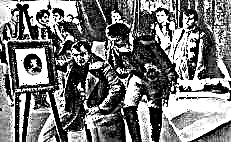
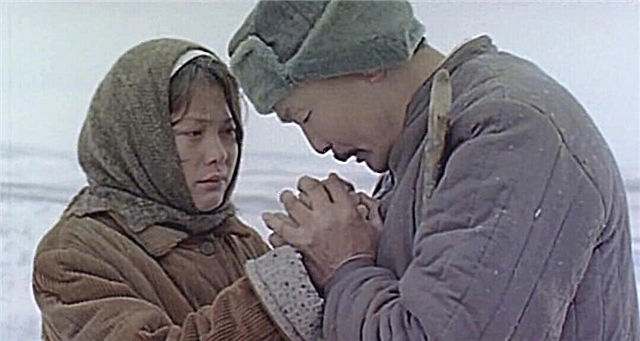
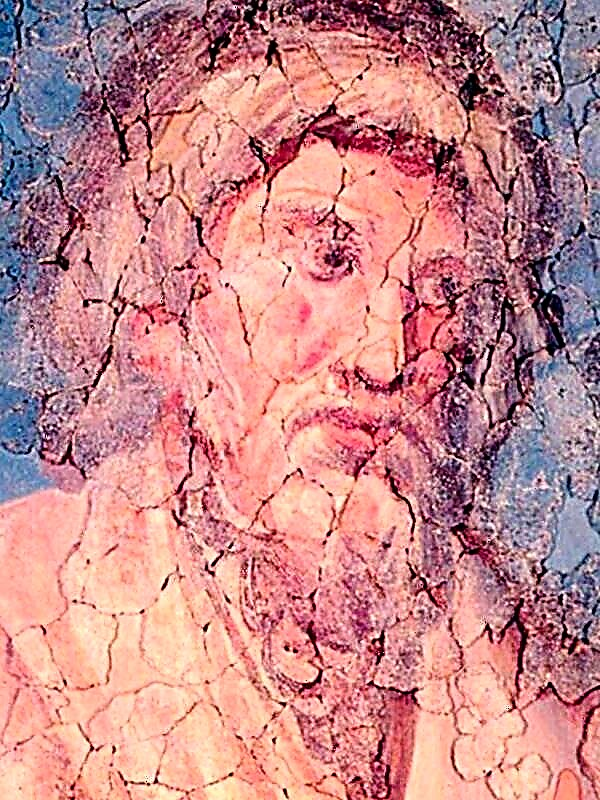 Metamorphoses
Metamorphoses